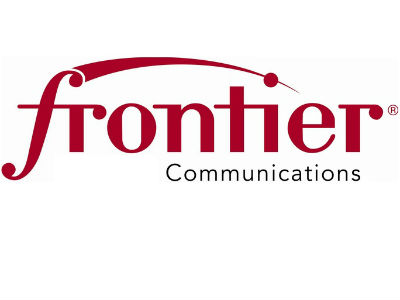Frontier Brings 1-Gig To Oregon
The smarter way to stay on top of the multichannel video marketplace. Sign up below.
You are now subscribed
Your newsletter sign-up was successful

Frontier Communications has begun to roll a new broadband service that offers 1 Gbps in the downstream to “select neighborhoods” of Beaverton, Ore., where the telco tangles with Comcast.
Frontier, which launched a product offering in parts of Durham, N.C., last week, said it will expand its 1-Gig service, which is paired with a 100 Mbps upstream, to additional areas in 2015.
The new 1 Gbps/100 Mbps offering sells for $219.99 per month, a Frontier spokeswoman said via email, noting that Frontier has also introduced a 500 Mbps/50 Mbps service that runs $169.99 per month. She said the new tiers are contract-free, and come with a three-year price guarantee.
“Frontier will offer gigabit packages within the next several quarters, as services emerge that justify such speeds,” Maggie Wilderotter, Frontier’s chairman and CEO, said in a statement. Wilderotter has previously downplayed the need for 1-Gig speeds for most residential customers, noting that “Google has hyped the Gig.”
Still, Frontier is starting to offer 1-Gig to customers who need it, though availability of the service is limited.
"Google is exploring Gigabit speeds in the Portland-area market, but Frontier is delivering,” the Frontier CEO said, adding that the telco has invested more than $128 million in recent years to upgrade and enhance its Oregon network.
Portland and Durham are among the additional nine metro markets that Google Fiber is considering for expansion. Google Fiber, which has services launched or about to be launched in three markets (Kansas City; Provo, Utah; and Austin, Texas), is expected to announce its expansion picks later this year.
The smarter way to stay on top of the multichannel video marketplace. Sign up below.
Frontier said it already offers speeds up to 100Mbps to households in its FiOS footprint, which includes Beaverton, Forest Grove, Gresham, Hillsboro, McMinnville, Newberg, Sherwood, Tigard, Tualatin, and Wilsonville (Frontier acquired about 4.8 million access lines, largely in rural areas, from Verizon Communications, in 2009).
